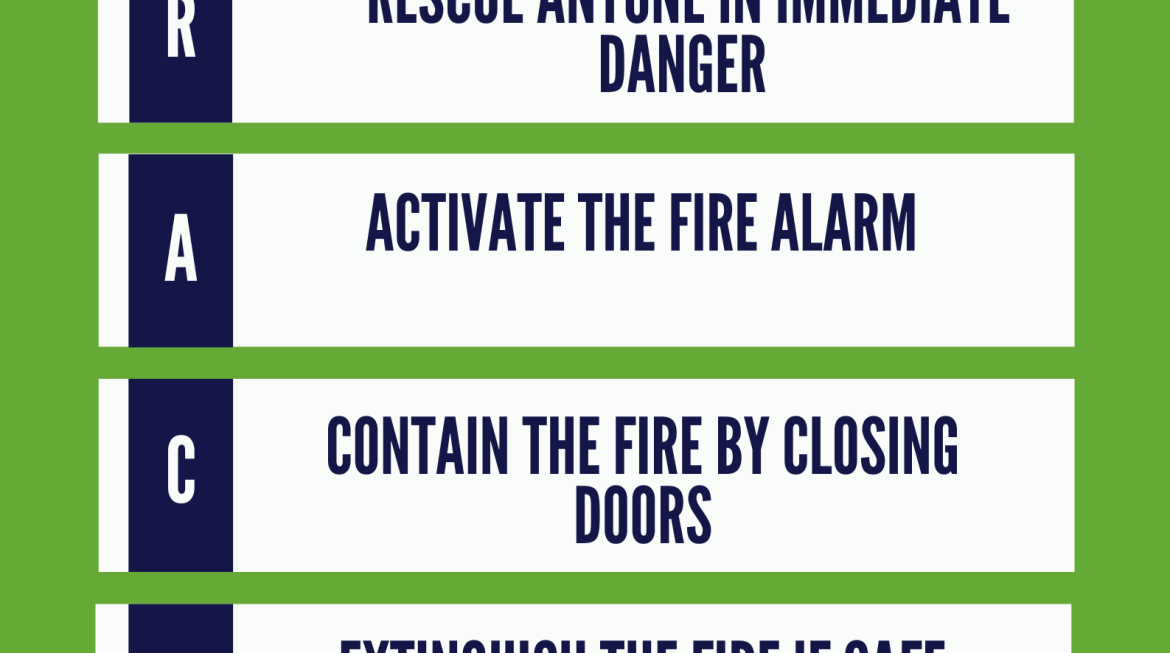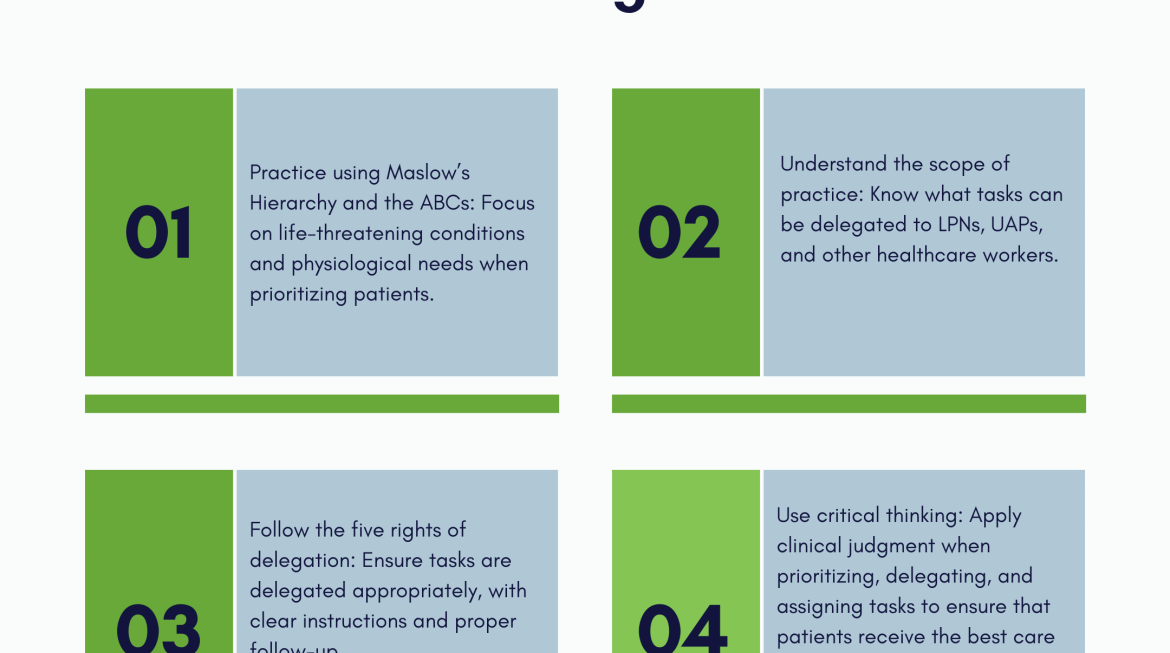HIGH- YIELD CARDIAC MEDICATIONS FOR NCLEX
Introduction Cardiac medications are a crucial component of the NCLEX exam. As future nurses, understanding how to administer these drugs safely and effectively is key to ensuring optimal patient outcomes. This blog post will cover the most common high-yield cardiac medications, their uses, side effects, and nursing considerations, helping you better prepare for the NCLEX. 1. ACE Inhibitors (Angiotensin-Converting Enzyme Inhibitors) Common Medications: – Lisinopril – Enalapril – Captopril Mechanism of Action: ACE inhibitors block the conversion of angiotensin I to angiotensin II, resulting in vasodilation and reduced blood pressure. These medications are primarily …
NURSING PROCESS OVERVIEW: ASSESSMENT, DIAGNOSIS, AND CARE PLANS
The nursing process is a systematic and dynamic approach to providing patient-centered care. It ensures that nurses deliver the highest quality of care, focusing on the patient’s unique needs and improving health outcomes. Central to this process are three key components: assessment, diagnosis, and care plans. Understanding and applying these elements effectively is essential for nurses to deliver safe, efficient, and holistic care. This blog offers an in-depth overview of these stages, with professional insights into how they contribute to the nursing process. 1. Assessment In Nursing Assessment is the foundational step of the nursing process, where nurses collect, analyze, …
Safe and Effective Care Environment: Safety and Emergency Response
Ensuring patient safety and responding appropriately to emergencies are key aspects of nursing practice. The NCLEX exam places a strong emphasis on these skills under the category of “Safe and Effective Care Environment.” This section covers crucial concepts like infection control, risk management, and emergency response protocols that nurses must master to provide quality care. Key Concepts of Safety and Emergency Response 1. Patient Safety Patient safety is the foundation of healthcare. Nurses must identify potential hazards, follow protocols to minimize risks, and create an environment that protects both patients and healthcare workers. 2. Emergency Response In emergencies, nurses must …
Fundamentals of Nursing: Prioritization, Delegation, and Assignment
Prioritization, delegation, and assignment are fundamental skills in nursing practice, especially for new graduate nurses preparing for the NCLEX exam. These concepts are essential for delivering safe, effective, and patient-centered care while managing a dynamic workload. This blog post will cover the key principles of prioritization, delegation, and assignment, as well as provide NCLEX-style questions to help guide your preparation. 1. Prioritization in Nursing Prioritization involves deciding which patient needs require immediate attention and which can wait. Nurses must be able to evaluate patient conditions and make decisions based on the urgency and severity of each situation. The ability to …







